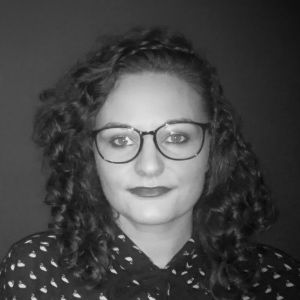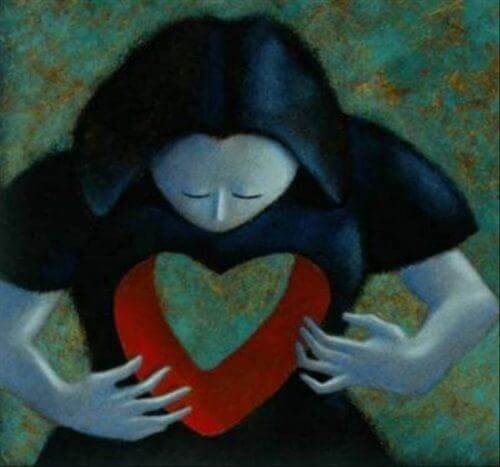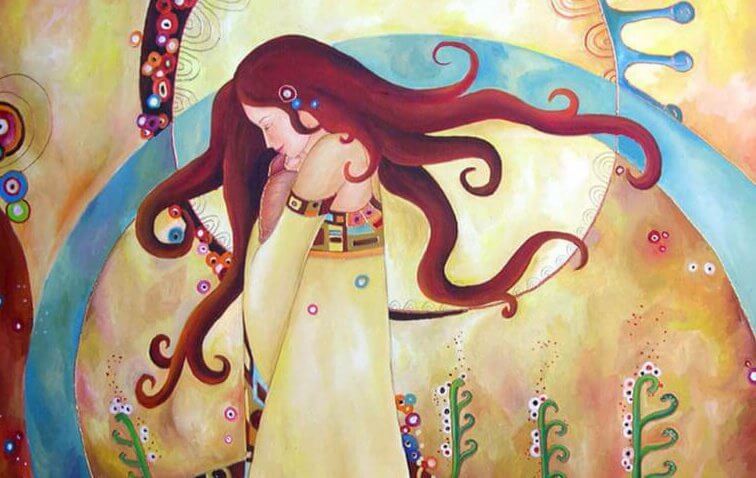Your Empty Places Are Hiding Behind Your Excesses


Written and verified by the psychologist Fátima Servián Franco
Your emotional empty places remind you that you have something unfinished in your life, something that fills you with frustration. You can try to fill that emptiness with excess, drinking alcohol until your senses are foggy, pounding yourself at the gym, eating your feelings, or shopping compulsively. But after doing these things the desperation remains, and maybe even worse than before.
The feeling of emptiness might cause emotional blockage, keeping you from facing the reality of things. This will all end up with you trying however you can to cover up what you’re missing.
Filling your emotional emptiness isn’t easy, but excess isn’t the answer. A lot of your worst emotions and feelings will just get worse. You’ll end up feeling like you’ve been dropped into a really deep well. To put it another way, you feel helpless and it shows when you react inappropriately to painful situations.
When you give up on everything, excess will seem like the only way to fill yourself up. Any normal pleasurable behavior will be at risk of turning into a psychologically addictive behavior. A normal behavior could become abnormal, depending on the intensity, frequency, or how much it interferes in your personal relationships.
“Excess is a defect, the poisoning of reason.”
-Francisco de Quevedo-
If you feel like you can’t face your emptiness, you’ll turn to excess
Excess is what your life looks like, though you deny it. This vicious cycle, where you use excess to fill your empty places but then they just get bigger, will only end when you face whatever is pushing to you behave recklessly.
When you’re unable to face a problem, a barrier will rise up between you and whatever you have to confront. And this will just mean more excessive behavior. There are warning signs that you might be falling into excessive behavior as a way to put a nice face on a dark reality, and they include:
- Avoiding activities
- Feeling nervous on a daily basis
- Trembling
- Loss of motivation

Calling everything a “need” can actually be a big part of the problem. Your empty places come out of your needs, and your excesses come out of your empty places. Identifying what your needs are is crucial if you want to understand your emptiness. Moderate needs are normal and healthy. The problem is when it gets out of control.
“Depending on what things bring each person happiness, these will lead to a game where the sum is always zero: like an addiction, there needs to be a constant dose of purchases and, even if they have more of something than their neighbors, none of what they have really matters.”
-Mihály Csíkszentmihályi-
You have to be brave to see what you’re missing
There’s nothing like learning about yourself to fill up your empty places inside. A lot of people who go to therapy and say they have such a feeling of emptiness don’t know themselves very well. They’ve gone a long time without updating the self-image they created so long ago.
They’re aware that they’re different, and that years have gone by. They know they’re not who they used to be, but they don’t know who they are now. When a feeling of anhedonia takes you over and you don’t know what’s happening — or why it’s happening — that’s when it’s time to act. You have to be brave and accept that something isn’t right.
Seeing what you’re missing also means really reflecting on your emotional needs. It goes way beyond trivial, material things and what other people expect from you. You have to be very brave to accept that you’re far from living the life you want, the one you dreamed about as a child. Only a complete, whole person is able to admit what they’re missing and accept their mistakes.
Only a person who look at themselves with loving, positive eyes is ready to accept themselves and make their desires part of their identity, dynamic and changing by nature, in a harmonious way.

This text is provided for informational purposes only and does not replace consultation with a professional. If in doubt, consult your specialist.








